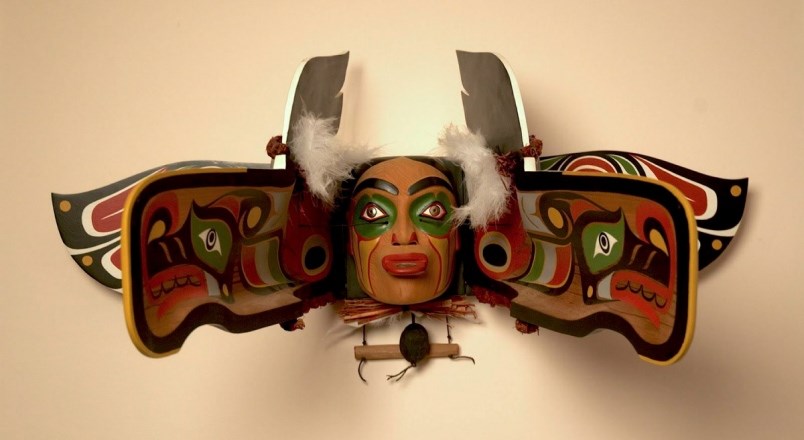A theft of expensive carving tools from a brain-injury rehabilitation facility in Duncan has robbed the centre of a therapeutic program to help participants cope with depression and anxiety.
The tools are valued at about $10,000 and were discovered missing on Dec. 9 when Chris Rafuse returned to the Cowichan Brain Injury Society after a weekend. The society is a privately-funded organization that provides programs to help people recovering from brain injuries relearn skills and improve cognitive function.
The drills, electric chain saws, and carving knives were used by a small group of people who have survived brain injuries and live with depression and anxiety. The focus required to carve masks is meant to calm the mind and push away unhelpful thoughts, said Rafuse, the society’s executive director and vice-president.
Each carver normally has their own set of three knives that mould to their hand with use. With the limited tools left behind, the program is continuing, but participants now have to share knives.
“It’s like you and I having the same size shoes, and you and I having to wear the same shoes. You and I can wear the same shoes, but we shouldn’t,” she said.
Participants also have to wait for turns to carve, which takes away the therapeutic element, Rafuse said.
Professional carver Rupert Scow oversees the program. He had a stroke in 2016 that paralyzed his entire right side and prevented him from carving for about a year. Scow started to re-learn the craft using his left hand before he regained dexterity in his right.
“Ever since I suffered the stroke, I’ve wanted to give back. I’ve had so much help to get where I am now,” he said.
Some of his own tools, collected over his 26-year carving career, were also stolen. He estimates the cost of his loss at about $2,000.
Scow is feeling lucky that his personal set of carving knives that he’s used for years is safe, because he always keeps them on him.
“My brother told me you never leave your tools anywhere, because you never know when you might get stuck,” Scow said. “You can carve a mask and bring it in a bar to sell.”
A commissioned piece for an art gallery on Vancouver’s Granville Island that he had been working on for months was also stolen. The transformation mask tells the story of his ancestry.
“My heart just sank. Of all the pieces they could have taken — there were other masks in the carving shop — they took that one,” he said.
On Christmas Eve, they received good news. Police recovered the mask. It’s a little damaged, but Scow said he will be able to finish it.
Although the loss of tools is hard on the program participants, Scow said people are making do with what’s left.
“With people that have suffered stroke or brain injury, they’re resilient to get to that point where they’re going to carve. So we do bounce back and just carry on with what we have, but it will definitely make it a lot easier if we can get those tools back,” he said.
Rafuse has started a fundraising page to replace the stolen items. So far, $525 has been raised. Anonymous donors have also dropped off cheques for about $2,250.
Because the centre is not yet a registered charity, the Victoria Brain Injury Society has offered to accept tax-deductible donations on its behalf.
Rafuse has applied for a federal charitable designation, but it could be over a year before the application is processed.
Rafuse started running programs in a rented room in the Clements Centre Society in Duncan’s downtown in January, after organizing a weekly program in a local library for a few months. She runs activities in the centre that focus on regaining verbal and physical skills, as well as peer support.
regan[email protected]



